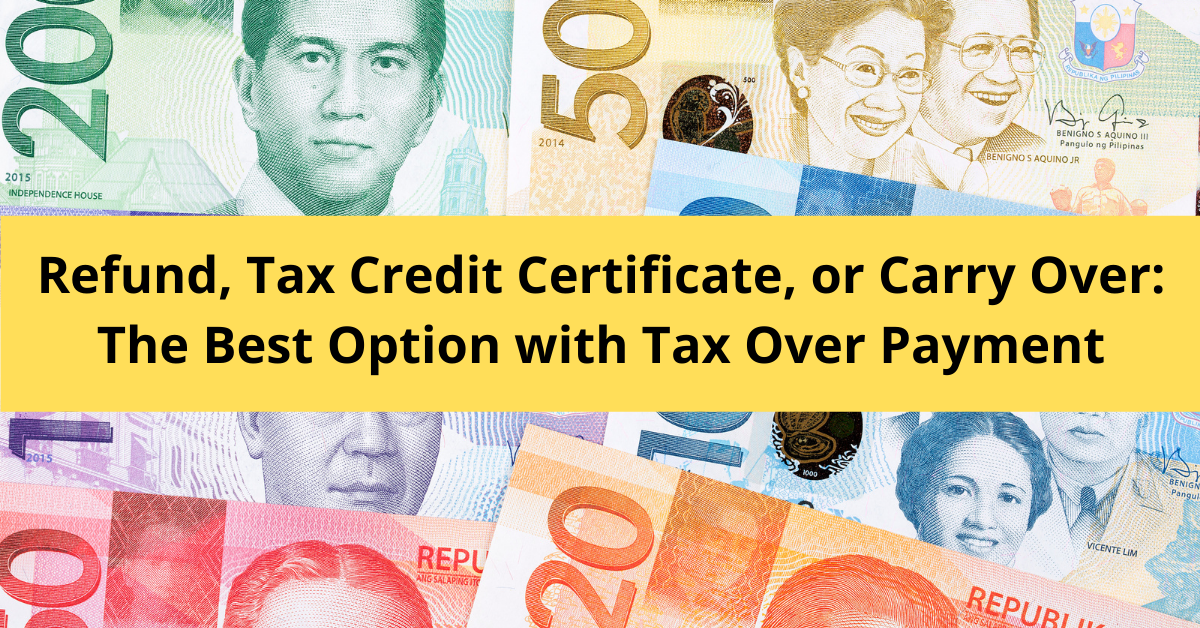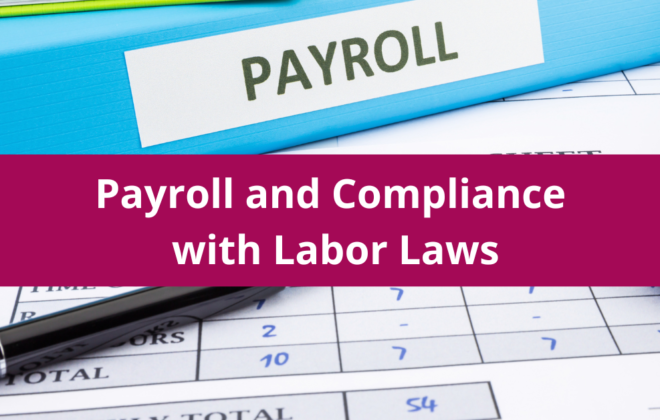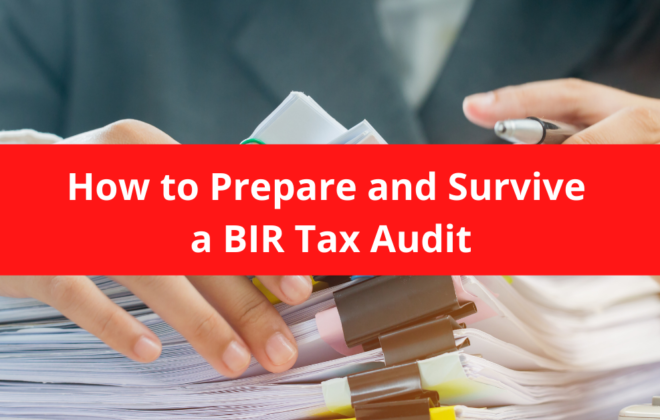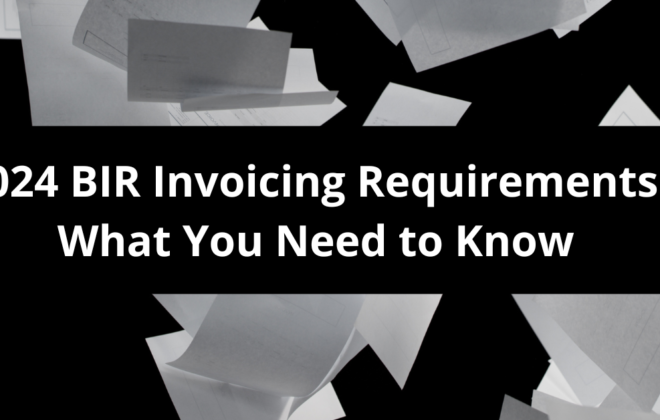Refund, Tax Credit Certificate, or Carry Over: The Best Option with Tax Over Payment
Is having a tax overpayment a good thing or is it something that you should be worried about?
This article will discuss the basic concepts of tax overpayment and the legal basis to claim a refund or tax credit. We will also explore the options available for taxpayers to recover the excess tax paid.
What is tax overpayment?
Tax overpayment occurs when your total income tax due is less than the actual tax payment. This is true for taxes derived from compensation income, business income, and the practice of a profession.
In general, any taxpayer who overpays their taxes may apply for a tax refund. This includes employed individuals, registered businesses, and non-individual taxpayers.
Why does tax overpayment happen?
Typically, taxpayers must pay their taxes quarterly, from 1st quarter to 3rd quarter, and annually for the last quarter of the taxable year.
There are instances wherein taxpayers avoid paying the quarterly taxes by under-declaring their sales figures. But the estimate turned out to be more than the actual sales, resulting in an overpayment of taxes.
Taxpayer’s Rights on the Recovery of Over Payment of Taxes
Under Section 229 of the National Internal Revenue Code, a taxpayer with overpayment may request a refund or tax credit within two years from the date of tax payment or penalty.
The excess tax payment of the following BIR transactions can be recovered under the following provisions:
- Any national internal revenue tax alleged to have been erroneously or illegally assessed or collected
- Penalty claimed to have been managed without authority;
- Any sum alleged to have been excessively or in any way wrongfully collected
Three Options for the Recovery of Tax Over Payment
If you have tax overpayment, you can select from the following options on how to “claim” your excess payment.
1. To be Refunded
Claiming for a tax refund is a tedious process. Revenue Memorandum Order (RMO) 19-2015 requires taxpayers claiming for a refund to a mandatory audit.
Aside from presenting the books of accounts and other accounting records, taxpayers have to deal with the stress that goes with the BIR examination.
So, think again. Is the amount for a refund worth all the extra work and cost dealing with BIR personnel?
2. To be issued Tax Credit Certificate (TCC)
Similar to Option 1, choosing Option 2 is a waiting game. Given the current refund rules, it appears that our Tax Code lacks a provision that specifies the period within which BIR has to give its decision for a tax claim application.
Thus, making a cost-benefit analysis is the way to go.
3. To be carried over as tax credit for next year or quarter
In this option, the taxpayer can carry over and simply deduct the excess payment from the following year’s tax due without the need for a mandatory BIR examination.
Since there is no audit, the taxpayer can avoid unnecessary stress. There is no need to present the accounting records to the BIR examiner and no more additional paperwork since no audit is necessary.
What is the best option?
If you are not ready for an audit, do not select Options 1 and 2. You won’t know what the BIR examiner can discover from your accounting records. Based on experience, you will be surprised to learn that instead of overpayment, you might even end up paying additional taxes.
Carryover is the simplest and highly recommended option. Through this option, you will be able to simply apply the overpayment in your succeeding tax dues.
—————-
Do you need help with your tax compliance? We’d be happy to assist you. Email us at info@djkaaccounting.com for inquiries.
Recent Posts
- New Features and Functionalities of the Online Registration and Update System (ORUS)
- A Comprehensive Guide to Taxation for Freelancers in the Philippines
- New Tax Laws in 2024: What Changes Filipino Taxpayers Should Prepare For
- How to Avoid Common Tax Mistakes in 2024
- Tax Deductions and Benefits Often Overlooked by Filipino Taxpayers





